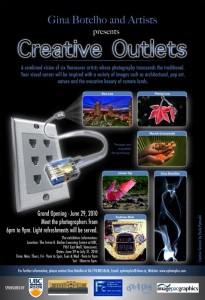Social Development and Health Policy Development. Session Facilitator: Dr. Michael Hayes (Simon Fraser University). The use of a population health framework can help participants understand the significant inter-relationship between various public policy and social policy domains with an emphasis on health outcomes. This interactive session will engage participants in learning about some of the methods and results of social and health policy development in BC and Canada, and will include a discussion of key statistics and trends. Housing as a determinant of health and socio-economic conditions of BC’s diverse populations will also be discussed. Webcast sponsored by the Irving K. Barber Learning Centre.
Select Articles Available at UBC Library
Hayes, M. T. (1992). Incrementalism and public policy. New York: Longman.
Hayes, M. T. (1981). Lobbyists and legislators: A theory of political markets. New Brunswick, N.J: Rutgers University Press.
Hayes, M. T. (2007). Policy characteristics, patterns of politics, and the minimum wage: Toward a typology of redistributive policies. Policy Studies Journal, 35(3), 465. [Link]
Hayes, M. T. (1987). Public satisfying and policy change: The case of the nuclear freeze. Polity, 19(3), 443. [Link]
UBC Library Research Guides
